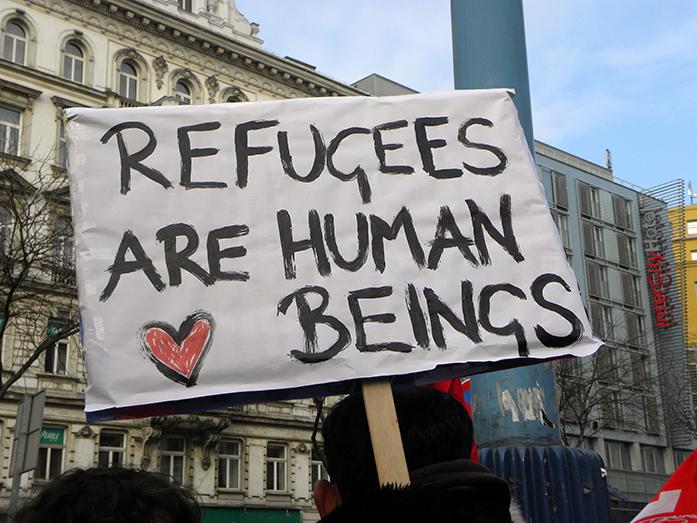To tackle the crisis of immigration in the European Union, the notion of physical borders between countries as the baseline of separating identities and communities needs to be set aside. Immigration is an issue that affects international, if not at the very least interregional, identity. However, agendas seem to naturally supersede such assertions.
At the border of Croatia and Serbia, decades-old tensions are being reignited with the massive influx of Syrian immigrants seeking refuge. Ranko Ostojic, the Croatian Interior minister, said the country was witnessing up to 10,000 refugees entering from its Serbian border alone on a daily basis last week. As a result, Croatia shut down all cargo traffic with its Balkan neighbor. On Thursday, Serbia boycotted Croatian imports in protest of the new border measure.
It’s a shame how quickly the need of human life to seek asylum from the territorial atrocities committed in the Middle East will regress international relations between two countries, disintegrating ties back toward their post-Yugoslavia nationalist conflict.
This is Europe’s largest refugee crisis since World War II, with 20 percent of Syria’s population seeking refuge elsewhere abroad. Seventeen million Syrians remain in the country, in which drone strikes, air strikes, and bombings occur every day. Regional powers have weaponized bare necessities of human life. Water, food, and electricity supplies for those who have stayed in Syria are in constant fluctuation, subject to the aftermath of fighting; these are the realities of war.
The Balkan countries are considered the gateway to Western Europe, with many refugees eyeing such countries as Germany and the United Kingdom. Germany has taken on the brunt of the immigration crisis, committing to taking in 500,000 Syrian refugees per year with a possible 800,000, according a New York Times report. Tens of thousands of Syrian refugees began pouring toward Germany through Croatia and Hungary, causing them to shut down borders.
Hungarian Prime Minister Viktor Orbán, however, said at the beginning of the month he believed Muslims were unfit for asylum in his country. Hungarian police, deploying tear gas in order to disperse crowds of refugees, committed human-rights atrocities.
With refugees aiming west, relocation plans have ignited bureaucratic squabbles over the placement and volume of refugees across the continent. A religiously overzealous country en route west only exacerbates the flow and distribution of such immigrants. Additionally, the two largest economic powerhouses in Europe behind Germany have only committed to a fraction of Germany’s numbers, with France planning on taking in 24,000 refugees over two years and Britain taking in a meager 20,000 over five years.
At the beginning of the week, the White House officially reported President Obama’s plans to take in 10,000 refugees over the next fiscal year. While this is undisputedly an imperative means to alleviate mounting immigration pressure, it is naturally met by post-9/11 hesitations from those in opposition.
Sen. Chuck Grassley, R-Iowa, previously stated the need for even further vamped border-patrol policy if the country takes in more refugees. White House Press Secretary Josh Earnest said refugees undergo “the most robust” background checks when entering the country, during the briefing of Obama’s outline. Nevertheless, Rep. Peter King, R-N.Y., said, “We don’t want another Boston-bombing situation.”
The United States must work together with Europe to resettle displaced Middle East refugees. However, countries such as Saudi Arabia and Israel must also follow suit. Israeli Prime Minister Benjamin Netanyahu said earlier this month his country was unfit for allowing Syrian refugees because “it lacks demographic and geographic depth.” Despite obvious religious conflicts in the country, operating similarly to Hungary, Israel is denying human-rights aid as a direct neighbor to Syria, where Jordan and Lebanon have joined in the resettling.
Surface-level resistance in accommodating individuals and families fleeing a country whose infrastructure is quickly crumbling degrades the value of a human life. Countries with the economic fortitude to assist these displaced peoples must transcend nationalistic, religious, and xenophobic rhetorical opposition.



